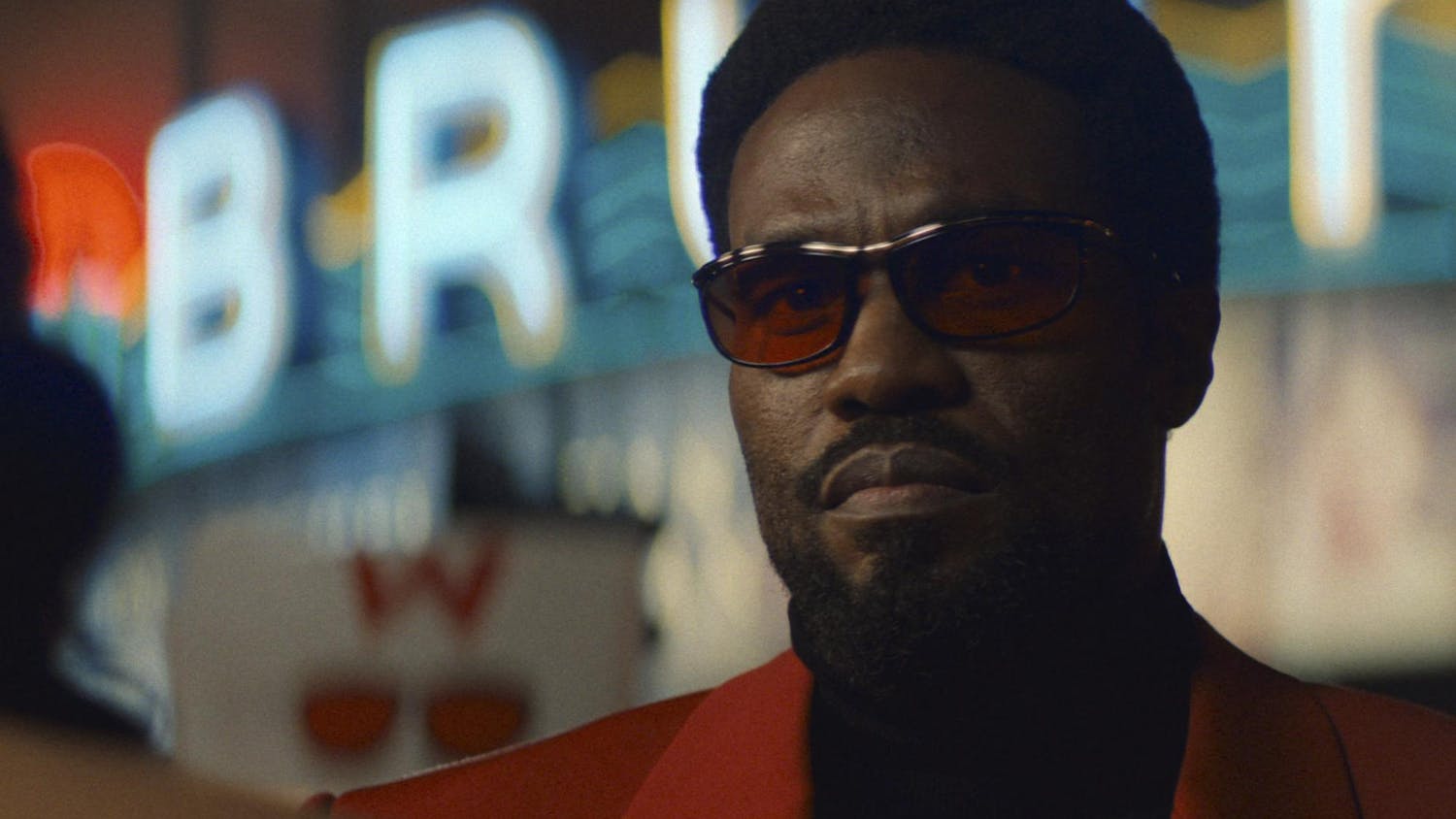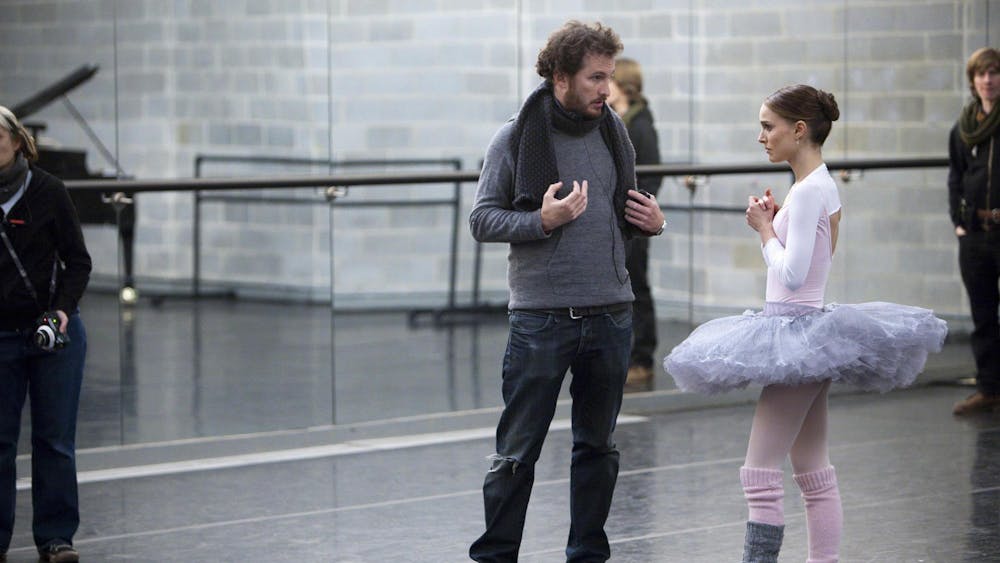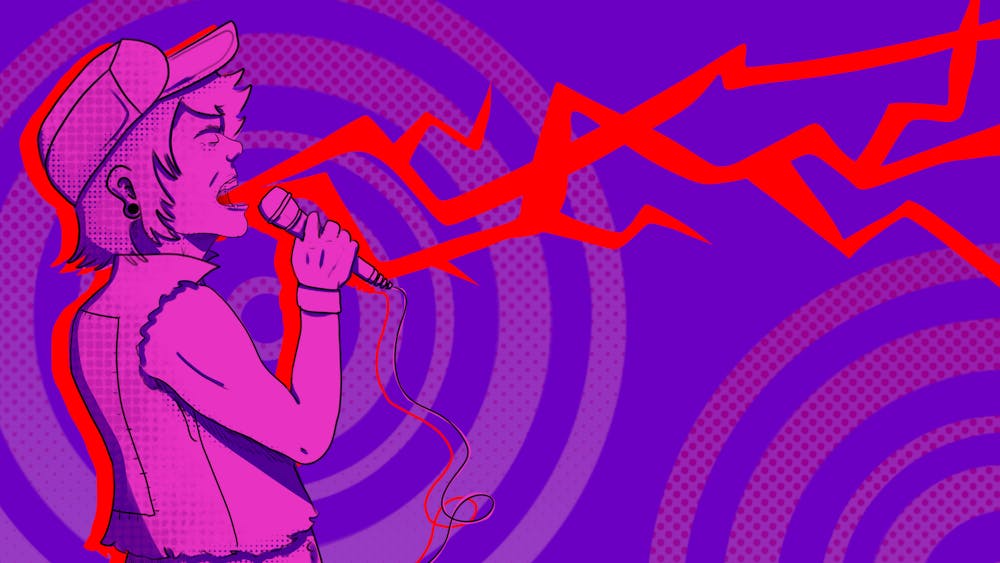Identity is always a thriving, political part of life. This is especially true in the classroom. Power and longing play integral roles in becoming and learning. We want to be seen and heard, but those who get to be heard are always in flux.
In a classroom, I am often forced to discuss my identity because other students are not taught about the intersections of identity.
There are numerous intersections that vary in visibility and privilege, like race, sexuality, gender, mental and physical health, religion and class, among others.
Though many hope to leave behind privilege in the classroom, this never happens. One can’t be fully color blind or pretend privilege does not exist. We see it whether we want to or not. It is built into how we read the world.
We are always interacting with codes and levels of privilege. White is often coded as invisible so people don’t have to deal with the repercussions and privileges of being white.
For those of us who are white, it can easily turn into a privilege we do not think to acknowledge or work through.
When I walk into a room, I am quick to be labeled with the wrong pronouns. Quick to be shunned if I openly discuss my gender, which is something most people don’t want to talk about. It’s too messy to think of gender and identity in flux or in relation to one another but that’s how identity works.
It’s always about power, privilege and the right to be seen or, as Melissa Harris-Perry puts it in her book “Sister Citizen,” “to be recognized.”
Teachers don’t always know how to address situations when students don’t understand the interplay of identity.
Too often I am not asked what my pronouns are. I am not asked why that might matter. I am coded as a feminine male or as gay in liberal spaces, while I just try not be seen in conservative spaces.
This is just about safety in the classroom for me, someone who is still fairly privileged in many respects.
The idea the classroom is a safe space is a false one. It is hopefully a progressive space but no space is truly safe.
All spaces ebb and flow with a give and take of patriarchal white values. Spaces that refuse to acknowledge privileges will only ever reinforce our societies default values of whiteness, patriarchy, cis-hood and heterosexuality.
Since a space is never neutral, acknowledging this becomes a vital step into understanding and living with diversity. We will never know each other’s struggles fully.
But if we begin to accept that people know more about their own experiences than we do, if we listen humbly and we don’t turn away from what is uncomfortable then we can at least start difficult conversations.
jkrathwo@umail.iu.edu
@lordjoshuabyron





